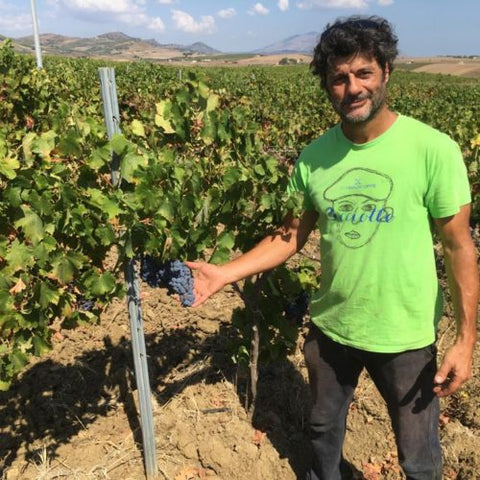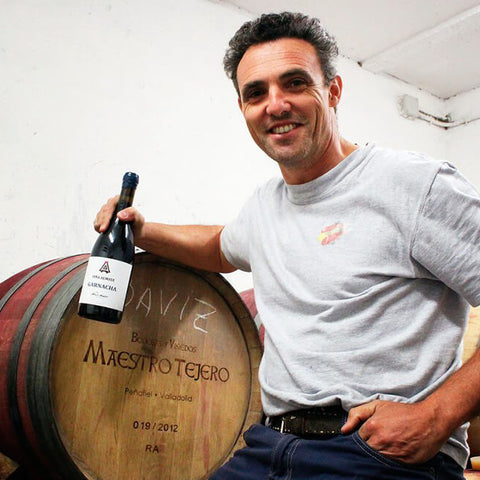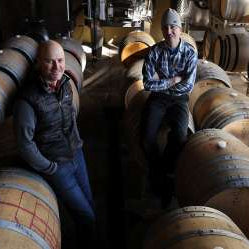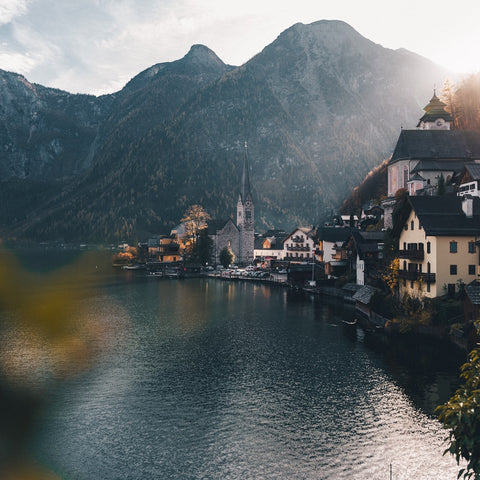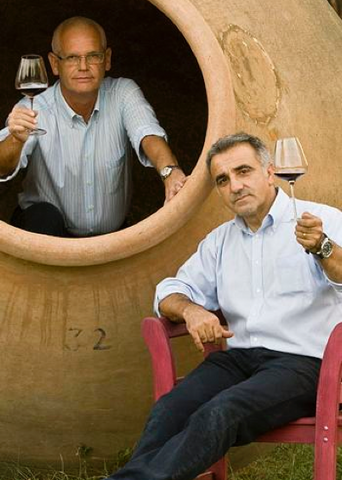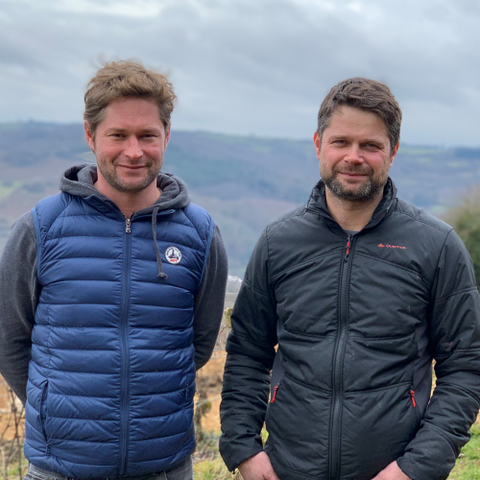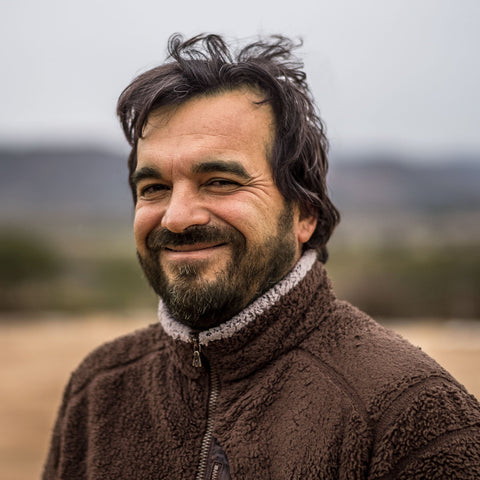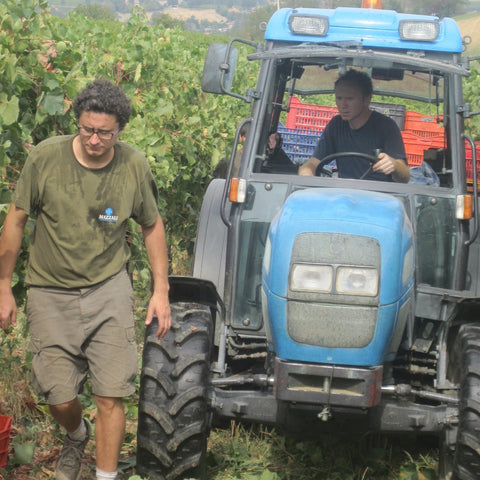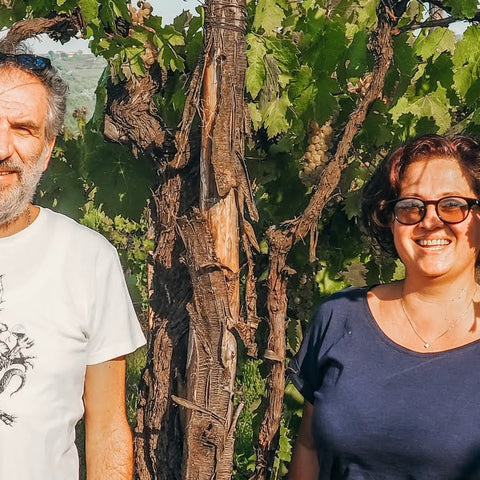Founded in 1863, Azienda Agricola Brovia is situated in Castiglione Falletto, Piedmonte, in northwest Italy. The winery has a rich history dating back to the 19th century when the family started cultivating vineyards in the area. Today, it’s owned and operated by the Brovia family’s third generation, consisting of sisters Cristina and Elena Brovia, along with Elena’s husband, Alex Sanchez.
The estate covers approximately 14 hectares (35 acres) of vineyards, primarily planted with Nebbiolo, the grape variety responsible for producing Barolo wines. Additionally, they grow smaller amounts of other local grape varieties, such as Dolcetto and Barbera. The vineyards are managed with great care and respect for traditional viticultural practices, including organic and sustainable farming methods.
Brovia is known for producing some of Piedmont’s most profoundly expressive wines. These are high-quality, terroir-driven wines that reflect the unique characteristics of their vineyard sites. They follow a traditional approach to winemaking, combining modern techniques with respect for the region’s winemaking heritage. The wines undergo extended maceration and aging in large oak casks to develop complexity and structure while preserving the elegance and finesse that Barolo is famous for.


